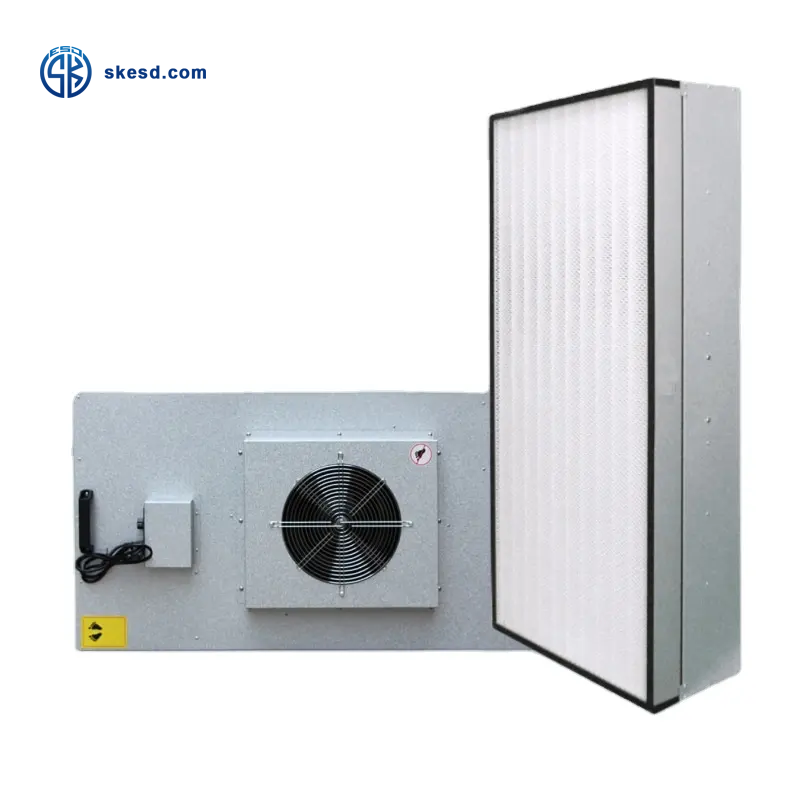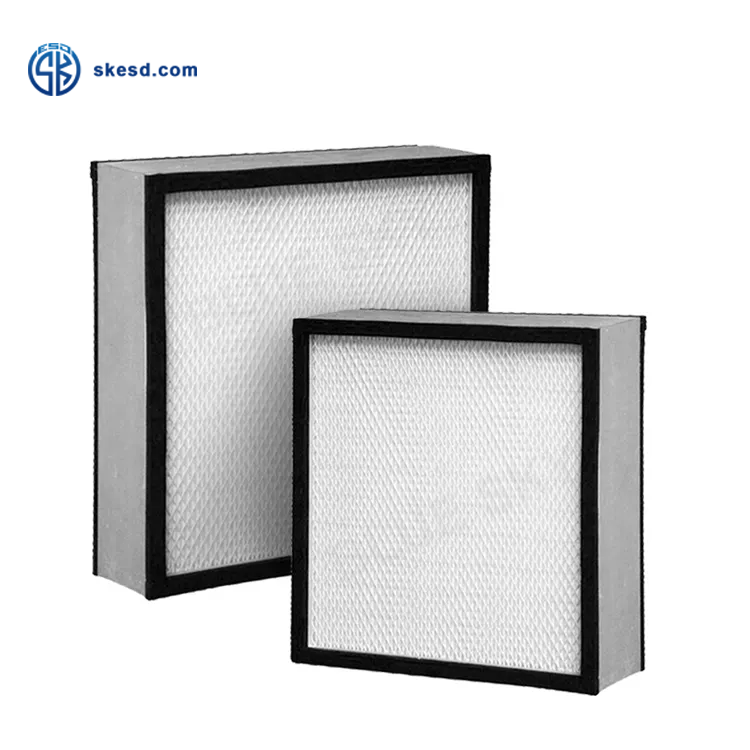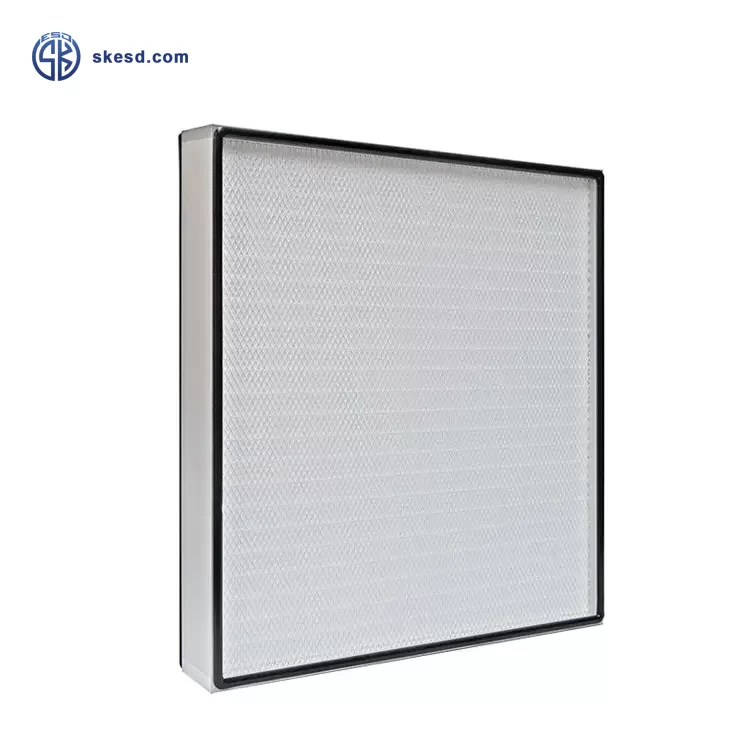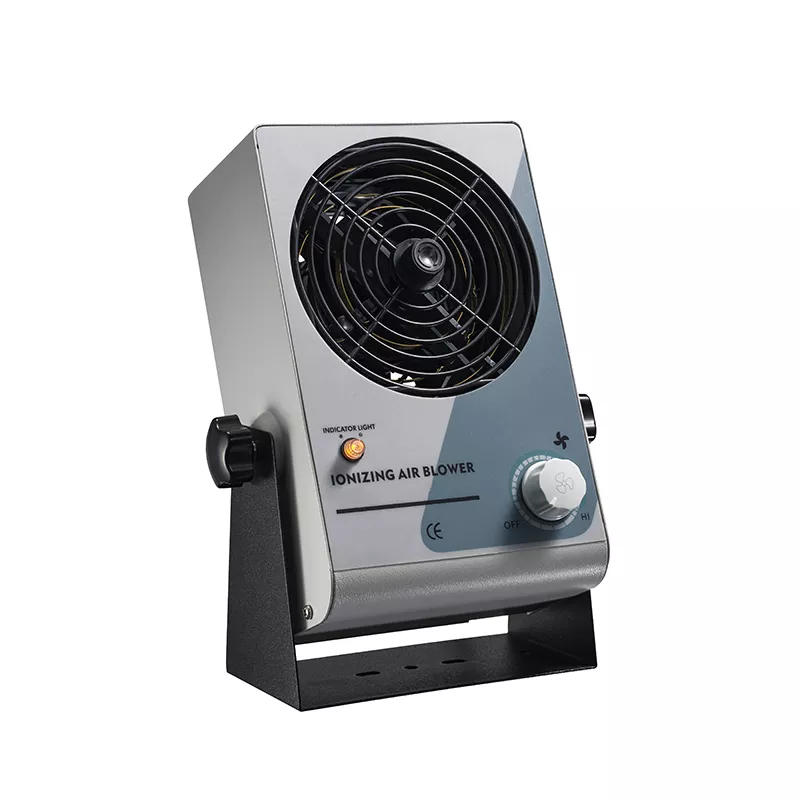Welcome to our comprehensive guide on HEPA air showers, your go-to resource for understanding and utilizing this crucial technology in various industries. In this article, we will explore the ins and outs of HEPA air showers, their benefits, applications, and the factors that set them apart from other air purification systems. Whether you are new to HEPA air showers or seeking to enhance your knowledge, we’ve got you covered.

Understanding HEPA Air Showers
HEPA, which stands for High-Efficiency Particulate Air, refers to a filtration technology capable of removing 99.97% of airborne particles with a size of 0.3 micrometers or larger. HEPA filters are widely recognized for their exceptional efficiency in capturing dust, pollen, mold spores, bacteria, and other contaminants. The concept of HEPA air showers revolves around utilizing these filters in enclosed spaces to create a controlled environment with minimal airborne particles.
The Functionality of HEPA Air Shower
HEPA air showers operate by utilizing a system of high-velocity jets that blow clean air in a uniform manner across an individual entering or exiting a controlled environment. These showers are typically enclosed chambers installed in critical areas, such as cleanrooms, laboratories, pharmaceutical manufacturing facilities, and electronic production units. The main purpose of HEPA air showers is to remove and capture particles that may be present on an individual’s clothing or body, ensuring that the controlled environment remains pristine.
Benefits of HEPA Air Showers
HEPA air showers offer a multitude of benefits for various industries and applications. Let’s delve into some of the key advantages they bring to the table:
- Contamination Control: HEPA air shower play a crucial role in maintaining strict cleanliness standards within controlled environments. By effectively removing contaminants from personnel, equipment, and materials, they help minimize the risk of product contamination, ensuring the integrity and quality of sensitive processes.
- Worker Safety: In industries where exposure to hazardous substances is a concern, HEPA air showers provide an additional layer of protection for personnel. By removing potentially harmful particles from clothing and skin, these showers contribute to a safer working environment, reducing the risk of inhalation or cross-contamination.
- Product Quality: HEPA air shower aid in preserving product integrity by significantly reducing the introduction of foreign particles during the manufacturing or research process. This is particularly vital in industries such as pharmaceuticals, microelectronics, and biotechnology, where even the tiniest particle can compromise product efficacy or performance.
- Compliance with Regulations: Many industries are subject to stringent regulatory requirements regarding air quality and contamination control. By incorporating HEPA air showers into their facilities, organizations can demonstrate compliance with these regulations and ensure adherence to industry standards.
Applications of HEPA Air Showers

HEPA air showers find extensive application in a wide range of industries and environments. Let’s explore some of the key areas where these systems are highly valuable:
- Cleanrooms and Laboratories: Cleanrooms, essential in industries like semiconductor manufacturing, biotechnology, and pharmaceuticals, rely heavily on HEPA air showers to maintain the required level of cleanliness. Personnel entering these controlled environments must pass through air showers to prevent the introduction of
- Hospitals and Healthcare Facilities: In healthcare settings, where infection control is paramount, HEPA air showers are utilized to maintain sterile conditions. These showers help reduce the risk of airborne transmission of bacteria, viruses, and other pathogens, thereby safeguarding both patients and medical staff.
- Food Processing and Packaging: HEPA air shower play a crucial role in food processing and packaging facilities, where maintaining hygiene and preventing cross-contamination are essential. By removing contaminants from personnel and equipment, these showers help ensure the safety and quality of food products.
- Electronics Manufacturing: Given the sensitivity of electronic components to particulate contamination, HEPA air showers are widely employed in electronics manufacturing facilities. These showers effectively remove dust and other particles that could negatively impact the performance and reliability of electronic devices.
Choosing the Right HEPA Air Shower
Selecting the appropriate HEPA air shower for your specific needs is crucial to maximize its effectiveness and ensure optimal performance. Consider the following factors during the selection process:
- Airflow Velocity and Distribution: Look for air showers that offer uniform airflow distribution and high-velocity jets to ensure thorough particle removal from personnel and equipment.
- Construction and Material Quality: Opt for air showers constructed using high-quality materials to ensure durability, longevity, and resistance to corrosion.
- User-Friendly Design: Choose air showers with user-friendly interfaces, intuitive controls, and additional features such as programmable cycles and emergency stop buttons for enhanced convenience and safety.
- Compliance and Certifications: Ensure that the air shower you choose complies with relevant industry standards and holds necessary certifications for quality and performance.
Installation and Maintenance of HEPA Air Showers
Proper installation and regular maintenance are crucial for the optimal performance of HEPA air showers:
- Installation: Follow the manufacturer’s guidelines and ensure the air shower is correctly installed, including proper electrical connections and positioning.
- Regular Filter Replacement: HEPA filters should be replaced at recommended intervals to maintain their efficiency. Follow the manufacturer’s instructions for filter replacement.
- Cleaning and Sanitization: Clean the air shower’s surfaces regularly to remove any accumulated particles or contaminants. Use appropriate cleaning agents and methods recommended by the manufacturer.
- Periodic Performance Testing: Conduct regular performance tests to verify the air shower’s functionality and ensure it meets the required cleanliness standards.
Installation and Maintenance of HEPA Air Shower
Proper installation and regular maintenance are crucial for the optimal performance of HEPA air showers:
- Installation: Follow the manufacturer’s guidelines and ensure the air shower is correctly installed, including proper electrical connections and positioning.
- Regular Filter Replacement: HEPA filters should be replaced at recommended intervals to maintain their efficiency. Follow the manufacturer’s instructions for filter replacement.
- Cleaning and Sanitization: Clean the air shower’s surfaces regularly to remove any accumulated particles or contaminants. Use appropriate cleaning agents and methods recommended by the manufacturer.
- Periodic Performance Testing: Conduct regular performance tests to verify the air shower’s functionality and ensure it meets the required cleanliness standards.
Common Issues and Troubleshooting
While HEPA air showers are reliable and robust, some common issues may arise. Here are a few troubleshooting tips:
- Insufficient Airflow: Check for any blockages in the air shower’s ducts or vents that may impede airflow. Clean or remove any obstructions.
- Filter Contamination: If the air shower’s performance declines, it could indicate a contaminated or clogged filter. Replace the filter according to the manufacturer’s instructions.
- Electrical Problems: In case of electrical malfunctions, ensure the power supply is stable and that all connections are secure. If the issue persists, consult a professional technician.
Best Practices for Optimal Performance
To maximize the effectiveness of your HEPA air shower, consider the following best practices:
- Proper Entry and Exit: Encourage individuals to enter the air shower with slow and deliberate movements to allow the air jets to remove contaminants effectively. Similarly, ensure proper exit procedures to prevent recontamination.
- Cleanroom Attire: Personnel should wear appropriate cleanroom attire, including gowns, gloves, and shoe covers, to minimize the introduction of contaminants.
- Regular Training: Provide thorough training to personnel on using the air shower correctly and following established protocols for cleanliness.
- Ongoing Monitoring: Implement a regular monitoring program to assess the air shower’s performance and ensure it consistently meets the required cleanliness standards.
HEPA air showers play a vital role in maintaining clean and sterile environments across various industries. By effectively removing particulate contaminants from individuals and objects, HEPA air showers contribute to enhanced cleanliness, improved product quality, and reduced risk of contamination. Selecting the right air shower, following installation and maintenance guidelines, and implementing best practices are essential for optimal performance and maximum benefits.
continue reading
Related Posts
Air showers are enclosed units designed to remove loose particles […]




